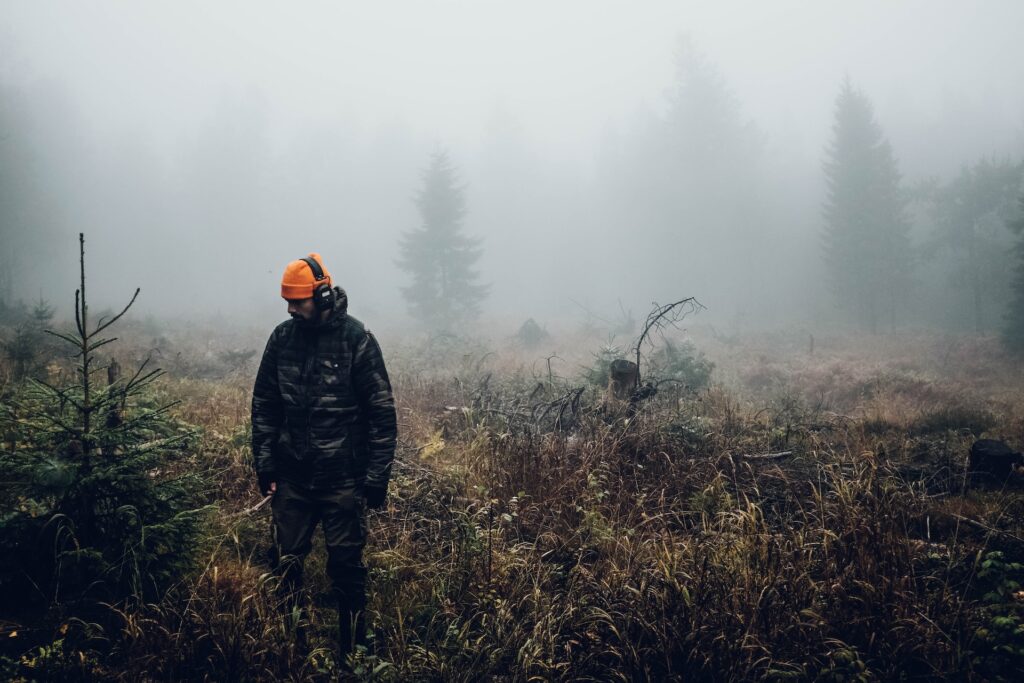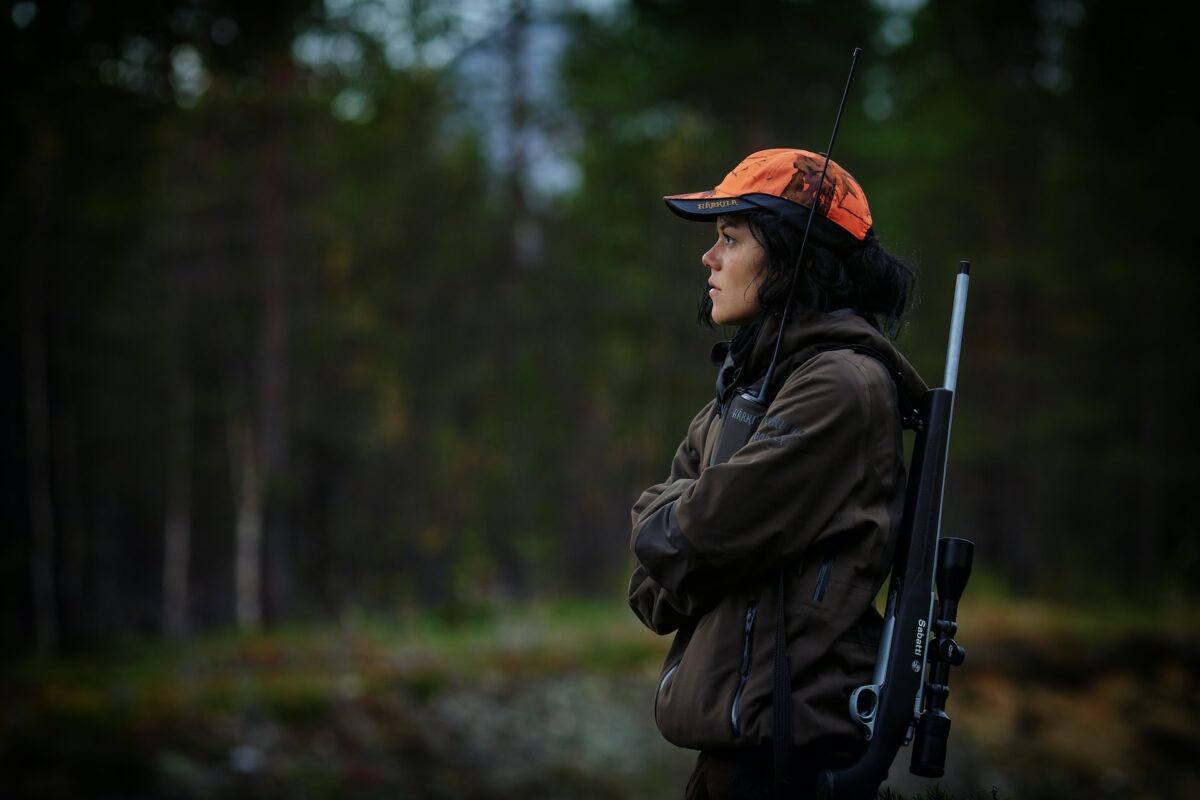Group hunting trips can be a great bonding experience, but there’s no feeling that compares to the solitude of a solo hunting trip. It’s just you, the woods, and your instincts as a hunter.
Going on a solo hunting trip does, however, require a bit of additional planning if you want to get the most out of the experience. Careful planning can prevent mishaps while also promoting a successful hunt.
Here are a few things to consider when you’re planning your next solo hunting trip.
1. Make sure you have the right gear
Very few hunters ever anticipate getting lost in the woods. But you should always prepare as if it’s a possibility.
What you should pack largely depends on the environment in which you’re planning to hunt. That said, there are some items you’ll want to bring along regardless of whether you’re hunting in the woods or the tundra.
Waterproof matches, for one, are a must-have. Starting a fire should be an imperative when you are lost and it begins to get dark. You should also have a hatchet to cut wood and potentially build a lean-to for shelter, as well as the proper sleeping bag for the climate.
While there are certainly other supplies you’ll want to bring along, it’s critical to consider your clothing. In addition to the camo you typically wear during your hunt, you’ll also need extra socks, sweatshirts, and a hat in the event your clothing gets wet.
2. Test out your equipment
When you’re hunting in a group, you can usually borrow someone else’s extra gun or scope if yours isn’t working correctly. That’s not the case when you’re out on your own.
Before heading out into the woods, make sure all of your equipment is functional. Go to a nearby shooting range to test out your gun. While you’re there, test out any supplemental equipment you have, including any scopes and laser sights you plan to use to ensure they are calibrated. And, if you’re planning on bringing extra equipment such as a flashlight or GPS, check to make sure they are functioning properly, as well.
3. Monitor the weather

Inclimate weather can put a damper on any hunt. When you’re hunting alone, however, bad weather poses an even greater threat.
Flash flooding, for instance, can lead to dangerous conditions that can leave hunters stranded in the wilderness. An unanticipated ice storm can lead to a similar outcome. So, in the weeks leading up to your hunt, check the weather forecast regularly to track any potential storms.
Experienced hunters also know how crucial it is to track wind speed and direction before and during a hunt. Studies have found bucks move 65 meters per day on average when wind speeds reach 16 mph or higher. Plus, knowing what direction the wind is blowing in can help you determine how you will remain downwind from deer, thus preventing them from catching your scent.
Map out your hunt
As important as it is to know how to track whatever game you’re hunting, you need to have a general route to follow throughout your hunt. By having your hunt mapped out, you can minimize the time it takes others to find you if you get lost while also promoting a successful hunt by hitting all key spots.
While mapping your route, keep the game you’re hunting in mind. As a hunter, you’ve probably already scouted your hunting site. As a result, you likely have an idea of where the deer, bears, or any other game you’re hunting are at any time of the day. Keep this in mind as you decide where to begin and end your hunt.
It’s also important to contemplate other locations the game you’re stalking might roam. Streams and meadows, for example, are common gathering points for all animals. Make sure these are included as waypoints in your hunting route.
Once you’re finished planning your route, share them with your spouse or any other person with whom you interact often. They can make the call to local and state authorities in the event you find yourself lost in the wilderness and need help.
Stay safe and have fun
While it’s important to be cautious as a solo hunter, you also should not forget to enjoy the experience. A solo hunt is an easy way to clear your mind after a long week at work. As long as you plan carefully and take the proper precautions, you’ll have a safe and successful hunt.
Texas Outdoors
Latest posts by Texas Outdoors (see all)
- What To Consider When Staying at Your First RV Campground – June 18, 2025
- A Quick Guide for the Different Off-Road Trail Ratings – June 11, 2025
- Common Grazing Plants Found in Forage Diets – June 9, 2025

Leave a Reply